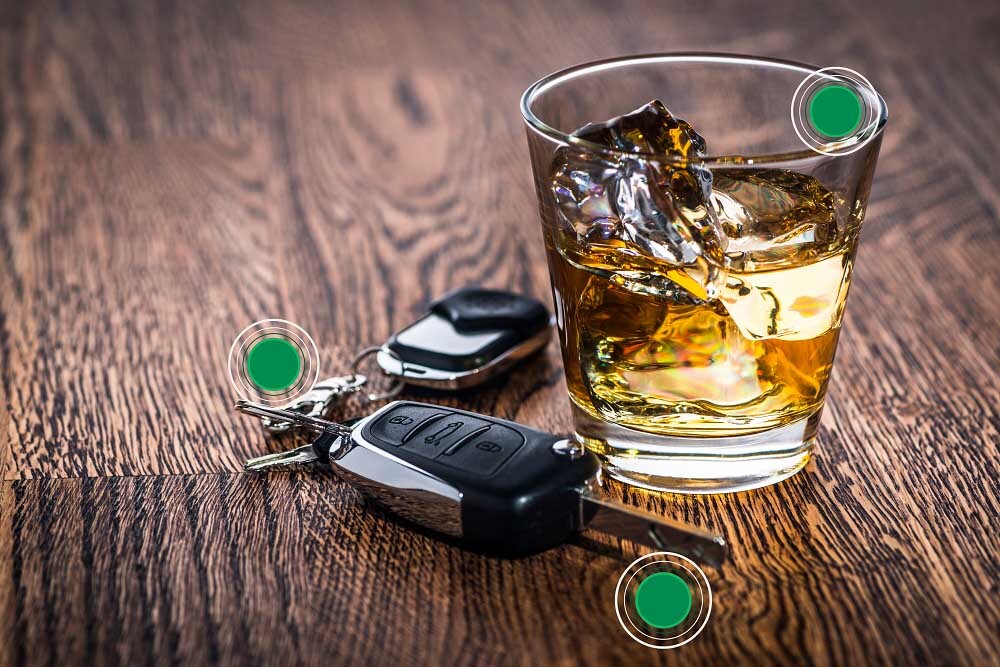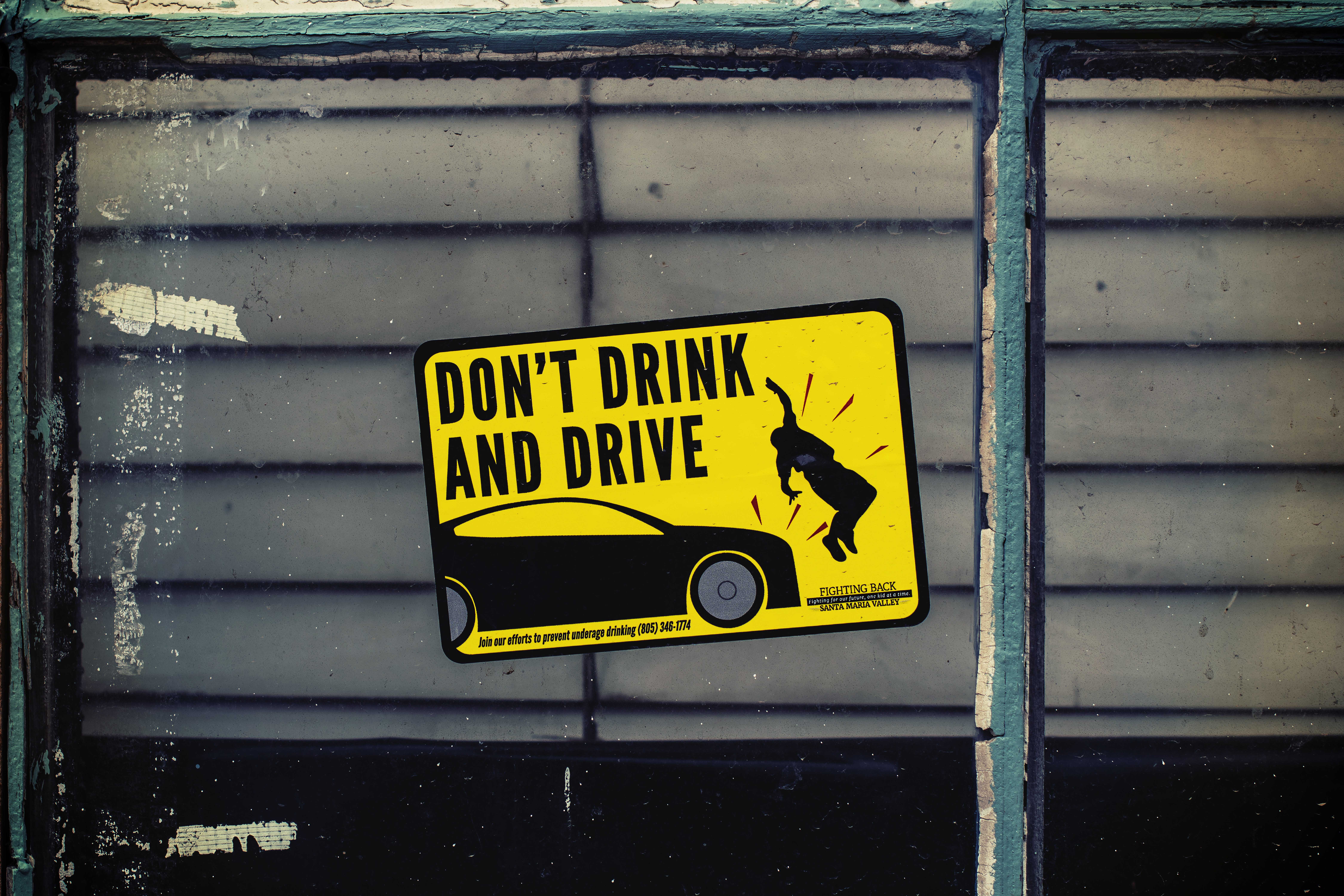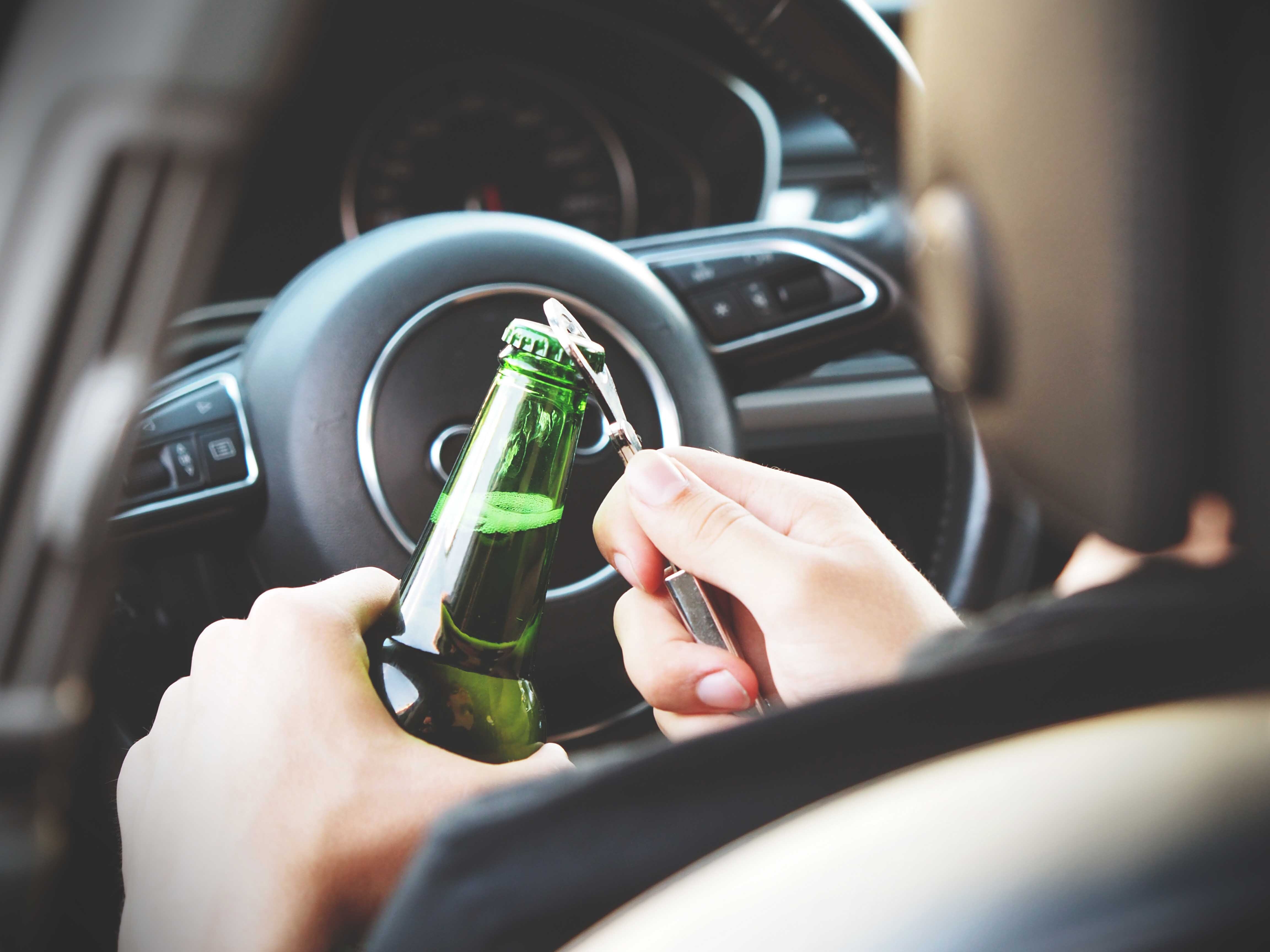
It starts with you, don't drink and drive!
Drinking and driving is a major challenge in South Africa, and you'll often see the slogans 'don't drink and drive' and 'arrive alive' prominently displayed roadside and in TV commercials, especially around holiday periods. It's simple yet effective advice that too many people tend to ignore to their own detriment.
In this article, the DEKRA team will take a look at the statistics and share a few important facts to keep in mind when you're planning your next night out. When the time comes to head home, make the right decision to ensure that you, and those who share the road with you, arrive home safe.
Drinking and driving: How to avoid becoming a statistic
The alarming rise in the number of people who die due to drunk driving in South Africa is a cause for major concern. According to research, more than half of all fatal accidents in the country involve road users with blood alcohol concentrations of over 0.05 grams per 100 millilitres. That is about 65% of all deaths, which is 43 out of every 100 000 people. It's easy to forget that even those who aren't driving intoxicated are still at risk because they often suffer the consequences of those who decide they are the exception to the rule.
Furthermore, it has been estimated that over 18 000 people are killed each year due to vehicle crashes caused by drunk drivers. According to Minister of Transport Fikile Mbalula, over 1 500 drivers were apprehended for drunk driving during the festive season in 2021. He further stated that "the driver with the highest alcohol level of 2.43mg was arrested in Johannesburg on 22 December 2021".

What could happen if you are caught drunk driving
- Law enforcement, such as officers with the Metropolitan Police or SAPS, have the option to opt out of using breathalysers but you cannot refuse to provide a breath alcohol sample.
- If you are breathalysed and it's clear that you're under the influence of alcohol, you will be arrested. You must provide the law enforcement officer with your details. If you give false information, you could face further charges.
- After you have been arrested, the police will take you to a drug testing facility for further testing. According to Section 37, you can't refuse to have your blood tested. However, you can ask to have your doctor present when you are being tested.
5 important facts to know about drinking and driving
- The number of drinks an individual consumes over a certain period of time does not equate to impairment. Despite various myths and misconceptions like how drinking coffee or exercise can help improve one's sobriety, only time will tell if it can make a difference.
- Alcohol is involved in 40% of all fatal car crashes in South Africa.
- If you have a blood alcohol content of 0.02 to 0.05, you are almost seven times more likely to get into an accident than someone who is sober.
- Around 27 people are killed each day in drunk driving accidents. The average injury rate among those wounded by a drunk driver is around once every 120 seconds.
- One drink can worsen a person's driving ability. Contrary to popular belief, the quality of the alcohol that's being consumed does not directly affect a person's ability to drive. For instance, if a person drinks the same amount of alcohol in a wine cooler as shots of tequila, it won't differently affect their driving ability. The most accurate predictor of impaired driving is how many drinks they consume over a period of time.
FAQ: Legal implications of driving under the influence of alcohol
What are the drunk driving laws in South Africa?
The Road Traffic Act of 1998 provides that no person may drive a vehicle while under the influence of drugs or alcohol. Besides this, Sections 122, 126, and 149 also state that no person, while intoxicated, may occupy the driver's seat of a vehicle while the engine is running.
What can happen if you're arrested for drunk driving
If a person is found guilty of drunk driving, they could face up to six years in prison and a R120 000 fine.
According to the legal professionals at Law for All, this can have a significant impact on a person's life. No one wants to explain why they have a criminal record or ask for time off from work to attend to related matters. Travelling internationally also becomes more of a challenge, since a lot of countries don't approve visas for anybody with a criminal record. Moreover, if the arrest follows an accident, the consequences will have to be dealt with, especially if it resulted in somebody dying.

How long does a drunk driving charge stay on your record in South Africa?
You will have a record for 10 years after the date of the conviction for the offence.
What is the penalty for a first-time drunk driver?
For first-time drunk drivers, their licences will be suspended for at least a year. However, this number can be increased depending on their blood alcohol level.
How can a criminal record be removed or expunged?
The Department of Justice can accept applications for the removal of criminal records from the public's file through the Criminal Procedure Act of 1977.
Garth Johnson, CEO of DEKRA Automotive (Pty) Limited, adds, "Don't become a statistic. Buckle up, stay off your cell phone while you are driving, make sure your car is roadworthy before you start a road trip, and don't drive drunk."
Next time you plan on getting behind the wheel after a few drinks, think twice about it. If we all do our part, we can make the roads a safer place for everybody.